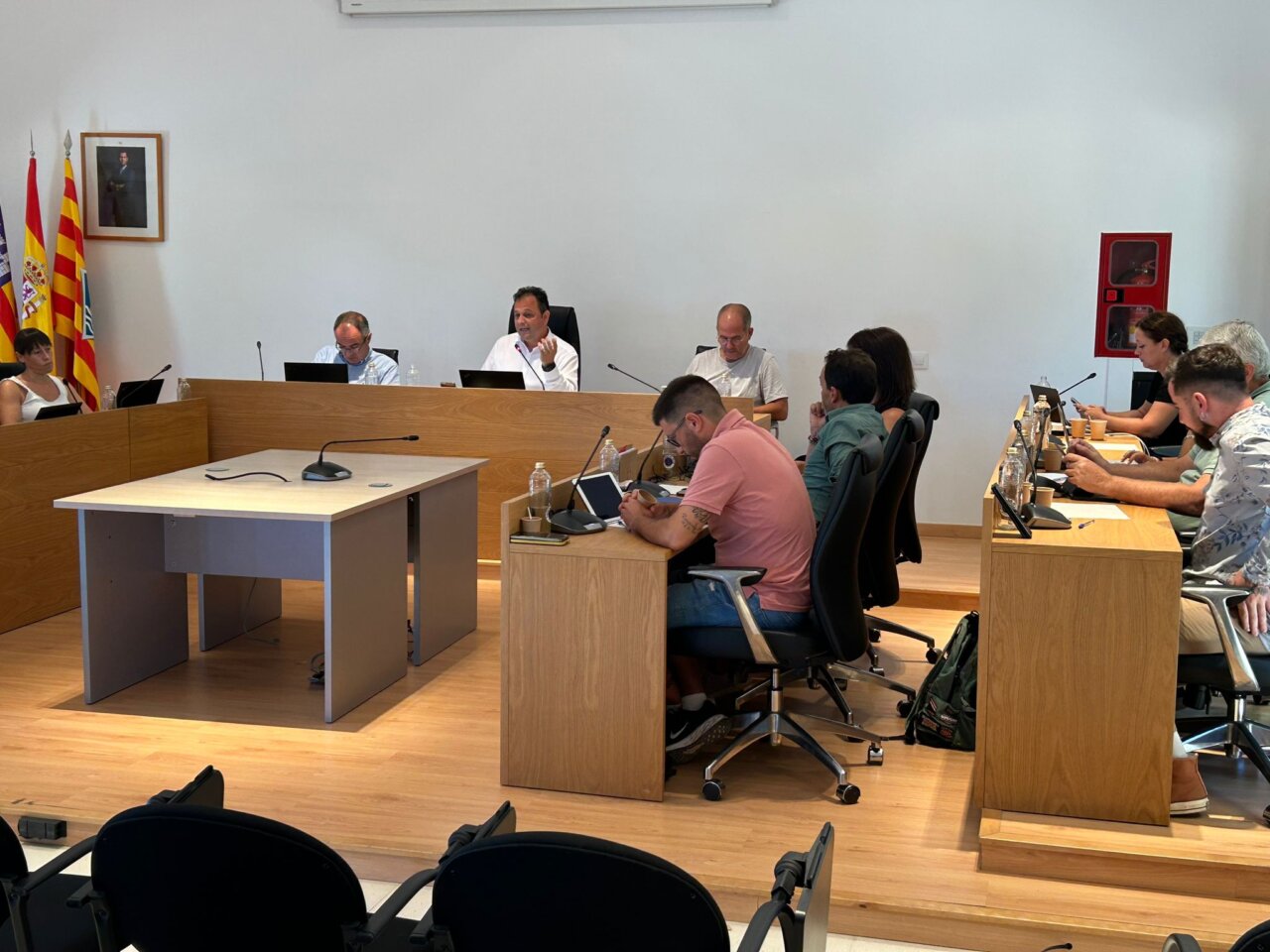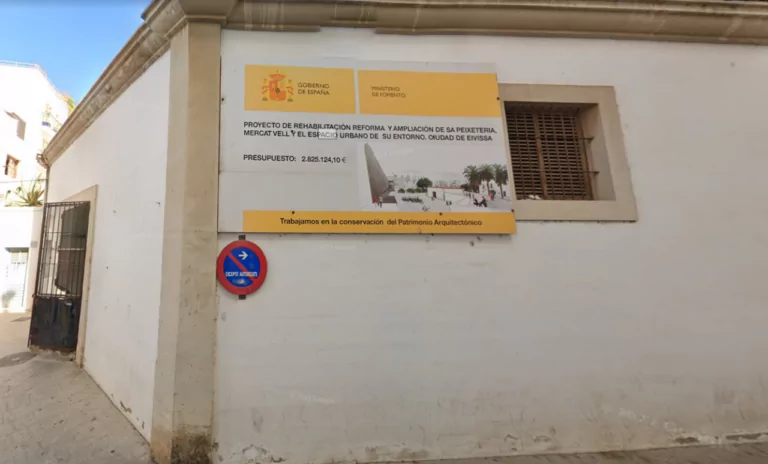The plenary session of the Consell de Formentera has not approved this Friday the 2025 budget presented by the outgoing president, Llorenç Córdoba, valued at 44.5 million euros. This budget, which represented an increase of 2.28% over the previous year, had been announced as the highest in the history of the institution. However, the lack of consensus and the imminent motion of censure that could change the government have led to its rejection. The plenary, fraught with political tensions, made it clear that all opposition groups -SaUnió, Gent per Formentera and the PSOE-agreed that approving this budget made no sense a week before the vote that will decide the future of the Consell’s leadership.
Córdoba: “I have worked alone, but I have worked”.
In a speech that sounded like a farewell, Cordoba charged against the opposition, accusing them of having paralyzed the Consell during the last six months. “You will never see Formentera abandoned for half a year after winning with an absolute majority. It is shameful,” said the president, while the bench of Sa Unió responded with laughter.
Córdoba also acknowledged that governing alone has been a challenge, but defended his management, assuring that the rejected budget was a tool to facilitate the work of the next government. “You cannot extend current budgets that do not respond to the needs of the island,” he justified.
Criticism from all sides
Opposition groups spared no criticism. The spokeswoman for Gent per Formentera, Alejandra Ferrer, described the budgets as “disastrous” and accused Cordoba of increasing the tax burden, reducing investments and allocating a million euros to advertising in the midst of the crisis. Ferrer said that Cordoba’s management has led to an “enormous political and economic lack of control”. For his part, the PSOE councilor, Rafa Ramirez, said that these budgets are the “worst in the history of the Consell” and accused Cordoba of leaving the institution “bogged down”. Ramirez also criticized the inclusion of up to nine positions of island directors in the accounts, calling it a sign of a “political caliphate”. From Sa Unió, the councilor Javier Serra reproached Cordoba for not having sought a consensus prior to the presentation of the accounts. He recalled that, in previous years, meetings were held with the opposition to discuss the budgets before bringing them to the plenary.
A closing marked by the political crisis
The plenary session was also marked by the resignation of José Alcaraz, councilor of Sa Unió, one of the conditions of the progressive groups to support the motion of censure. The coalition described this resignation as “unfair”, but necessary to unblock the institutional crisis that has defined the last stage of Cordoba’s government. With this new political defeat, Cordoba says goodbye facing criticism and leaving a Consell in the midst of change. The motion of censure, scheduled for December 27, will be the last chapter of a management that has been marked by internal and external tensions.













